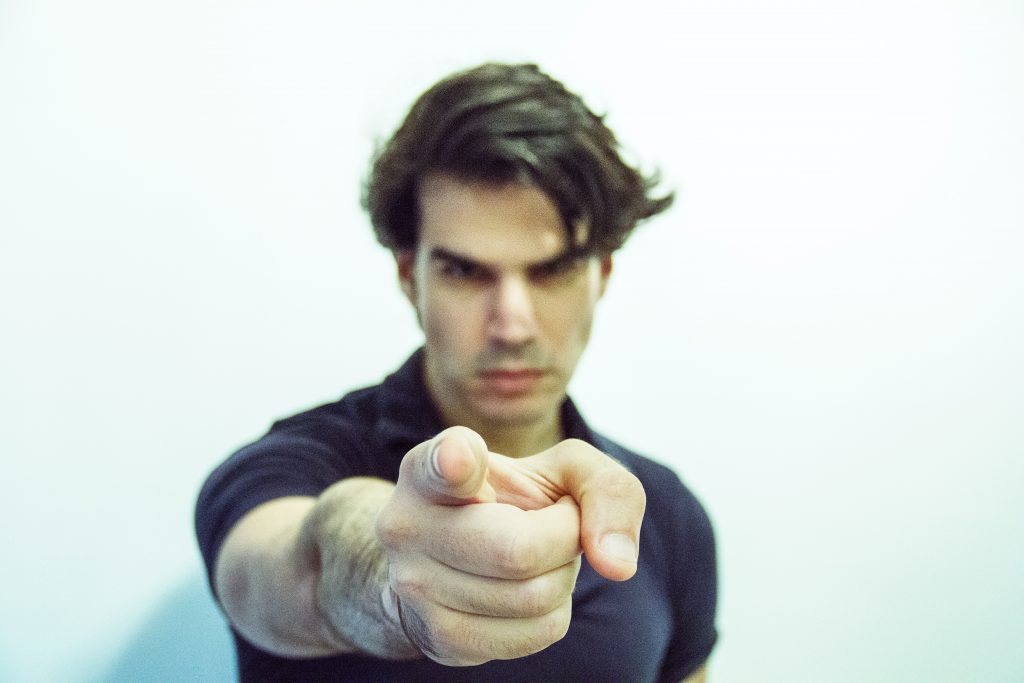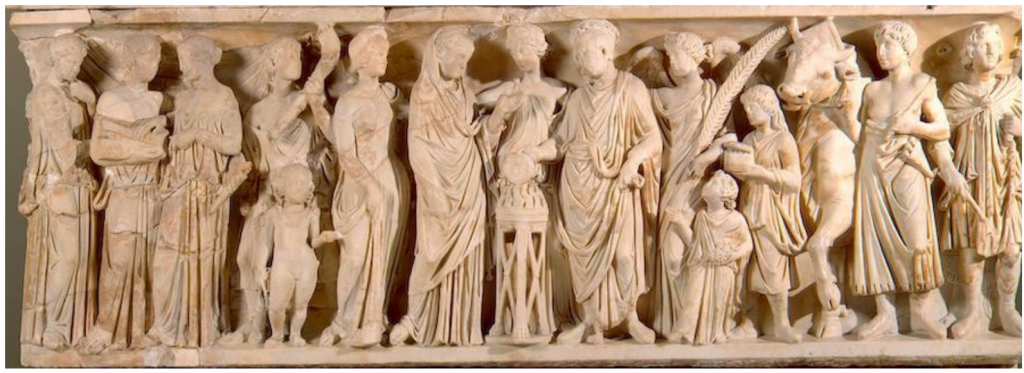Last night I dreamt that Roald Dahl was in prison. Not exactly “I went to Manderley again” as an opening line, but it’s the truth.
Despite centuries of interest in the subject and recent studies with all the benefits of modern science, dreams are still not fully understood. They are generally acknowledged to be a by-product of evolution and quite possibly the brain’s way of processing and sorting information, but exactly how and why they occur is still debated. Some neuroscientists and psychologists argue that they help us to organise our memories, others suggest that they are part of the important process of forgetting or “dumping” unnecessary clutter from our minds. Some believe that they are a way of safely practising difficult scenarios, and some have even claimed that the frequency of dreams in which we are being chased – particularly in childhood – is evidence for their origins in our early evolutionary history. I’m not sure I buy that, not least because it falls into the trap of believing that everything that evolves does so for an obvious purpose. Dreams may simply be a by-product of our extraordinarily large and complex brain-structures: they may not necessarily be essential or advantageous in the battle of survival and reproduction. One thing’s for sure, it is frequently difficult to explain how a particular story ends up being told in one’s mind overnight; last night, my brain placed a long-dead children’s author behind bars.
Dreams mainly occur while we are in REM sleep, which for adult humans makes up only around two hours per night of our sleep time. Yet some research indicates that a human foetus in utero, by the time it reaches the third trimester, spends around 20 hours out of each 24-hour cycle in REM sleep. Is the foetus dreaming for all of that time? If so, what on earth is it dreaming about and how does that relate to the commonly-accepted idea that dreams are remnants of our thoughts?
When I was doing my PhD I spent an inordinate amount of time going down rabbit holes of research into this kind of thing. The ancient work I studied (which I have written about in a little more detail before) mentions in passing that messages from the gods come to us in the hazy state between sleeping and waking, a state now defined as “hypnogogic” and one into which there has been a considerable amount of research. I became fascinated by the idea of different brain-states and how people may experience phenomena such as audible hallucinations and thus become convinced that they are receiving messages from a divine source. I read all sorts of stuff written by anthropologists, neurologists and psychologists and realised just how little I knew about the grey matter inside my own skull.
When it comes to studying, one of the things worth knowing about the brain is that “memory is the residue of thought” meaning that “the more you think about something, the more likely it is that you’ll remember it later.” (Daniel T. Willingham). This might seem obvious but you wouldn’t believe how little consideration is given to this fact in our education system. Students will only recall things that they are actively thinking about – reading and highlighting, for example, are both passive activities which are very unlikely to aid recall. If you need to absorb, understand and recall the information written on a page, you should put the book down and reproduce its contents in your own words in order to have any chance of being able to remember it. This process forces you brain to begin forming memories, which are in fact reconstructions: memory doesn’t work like a recording, it is rather the brain constantly reconstructing its past experiences, which explains why eye-witness accounts are so unreliable and why each individual may remember the same situation very differently from other people.
All of this means – I’m afraid – that those fantasies people have about listening to recordings while they sleep and miraculously waking up knowing the information on the recording really are that – just fantasies. The brain is not a computer: you can’t do a reboot and download while it’s powered down. Much as one would like to wake up like Neo in The Matrix with a newfound perfect knowledge of and ability to perform Kung Fu, the reality is that learning new information or a new skill requires constant use, review and practice.
All of that said, it is undeniable that sleep (and – for reasons we have yet to understand – dreaming) is essential for good learning. This is not only because exhaustion is detrimental to study, it is also because that downtime really is important for the brain to be able to do its job properly, especially when we are making big demands of it. Further to this, “sleeping on a problem” can often make a huge difference, in ways that are once again not fully understood. My father, a brilliant engineer, often reported waking up with a solution to a problem he had been grappling with and failing to solve during his waking hours. Similarly, I have found that I can be completely stuck on a crossword clue but when I come back to it the next day and pick up the clue again, the solution seems blindingly obvious, even though I have given it no proactive thought in the last 24 hours. This kind of background problem-solving really is a fascinating quirk of brain-states and one I wonder whether neuroscientists will be able to explain in the future.
Many parents worry that their children are not getting enough sleep and there is certainly a lot of evidence that many young people, particularly teenagers, are sleep-deprived. The best advice remains to observe good digital hygiene: do not under any circumstances allow your child to take their devices to bed. Personally, I do have my phone beside my bedside but all notifications switch off after my bedtime (you can set emergency numbers from loved ones as exceptions to this rule, by the way) so it does not disturb me after I have gone to bed and I am not fascinated enough by it to have the urge to check it during the night. This is not true of most teenagers when it comes to their smart phones, and they need protecting from this temptation.
I have resolved to read more about dreaming and sleep-states, as I have no doubt that the research has moved on since I last dipped into this field. One of my favourite games to play is to try to trace where my dreams have come from. Why did I put Roald Dahl behind bars? Well, this week I’ve been watching a police drama with lots of scenes in cells, plus I have also read a fair bit about “cancel culture” over the last few weeks, which may have set off a chain of links in my mind to something I read about Dahl’s works being edited to remove language that is deemed not to resonate with the current zeitgeist. Is that where it all came from? Quite probably. Dreams are rarely, if ever, significant. I look forward to increasing my knowledge. Perhaps we now know whether androids dream of electric sheep.







